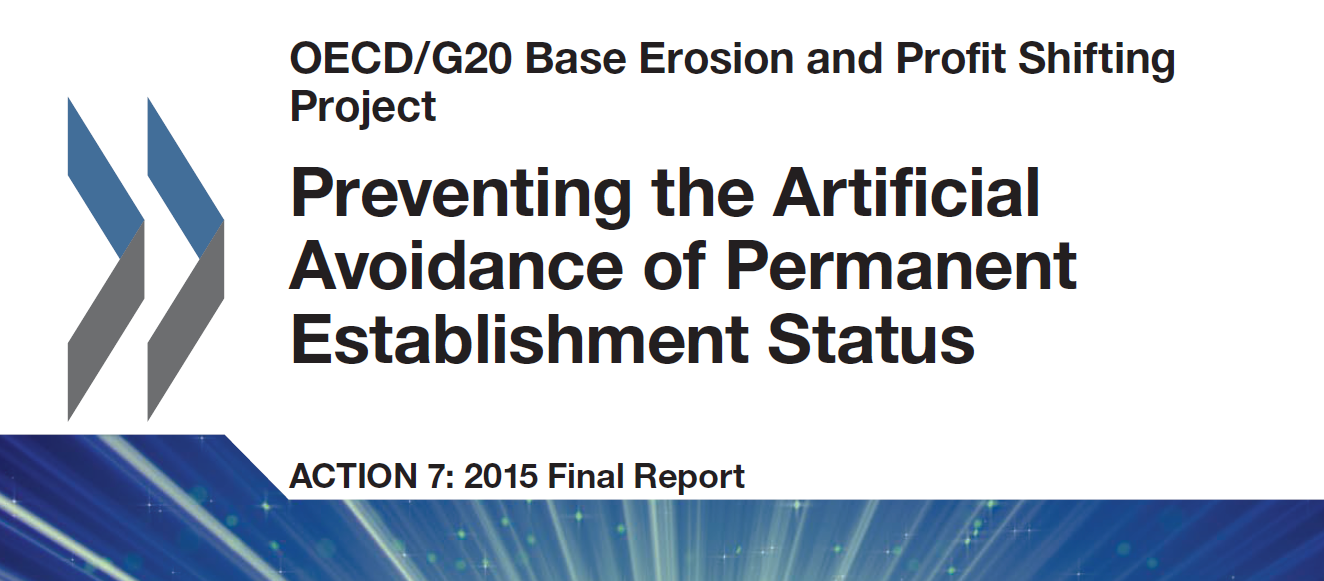BEPS Action 7: Preventing the Artificial Avoidance of Permanent Establishments

The goal of BEPS Action 7 is to prevent businesses from engaging in artificial tax avoidance arrangements designed to circumvent the creation of a permanent establishment (PE) in foreign jurisdictions. Before diving into how Action 7 tackles these practices, let’s first explore why businesses are incentivized to avoid PEs.
Under the traditional international tax framework, a country’s right to tax the profits of a foreign enterprise is often contingent on whether the enterprise has a PE in that country (e.g., a management office, branch, office, factory, etc.). If a PE exists, the country has the right to tax the income generated by that PE. If no PE exists, the country either has limited taxing rights (e.g., withholding taxes on dividends or interest) or no taxing rights at all.
For example, consider a U.S. company exporting oil to China. As long as the U.S. company does not have a PE in China, its profits from oil sales are not subject to Chinese income tax. However, it’s important to note that tax treaties only apply to income taxes—China can still impose customs duties or VAT. On the other hand, if the company frequently sends personnel to China to promote sales, and these activities result in the formation of a PE, the related sales income would become subject to Chinese corporate income tax.
The principle of international taxation is to tax profits where value is created. When a business creates value in a country, that country has the right to tax the value created locally. But how do countries define value creation? Historically, the international tax system has relied on tangible, visible factors such as management offices, factories, and other physical facilities. Before the internet era, businesses generally required physical presence to operate in a country, so determining the existence of a PE was relatively straightforward, and disputes were relatively rare.
Even so, some businesses have sought to artificially avoid creating PEs in certain jurisdictions to minimize taxes. BEPS Action 7 addresses this type of tax avoidance. However, since the issue is less severe compared to others, Action 7 is not included as a minimum standard that all BEPS members must implement.
Methods Businesses Use to Avoid Permanent Establishments
Action 7 identifies several common methods businesses use to avoid creating PEs:
- Commissionaire Arrangements
- Abuse of PE Exemptions
- Fragmentation of Activities
- Splitting-Up of Contracts

